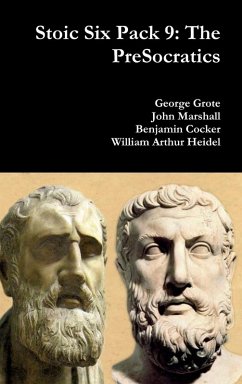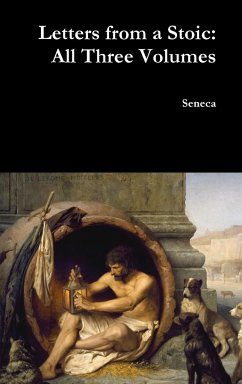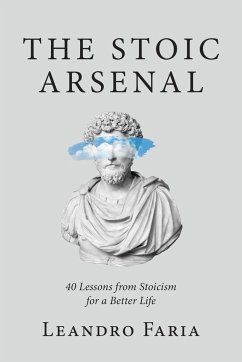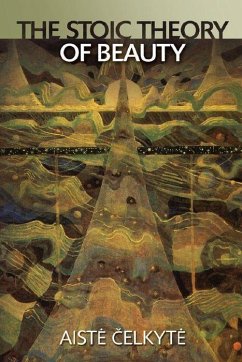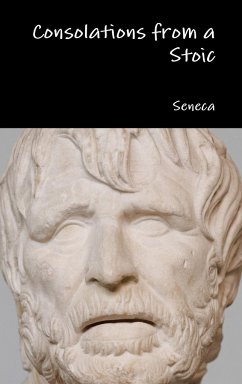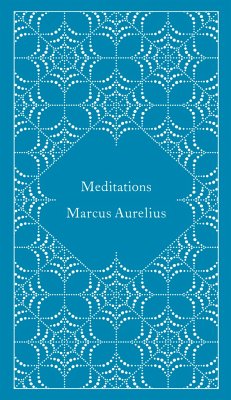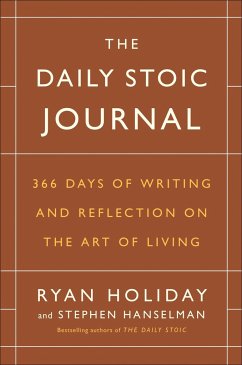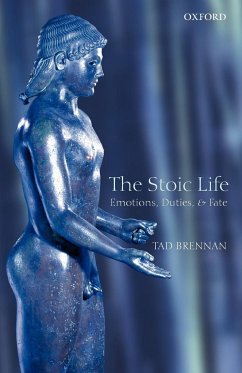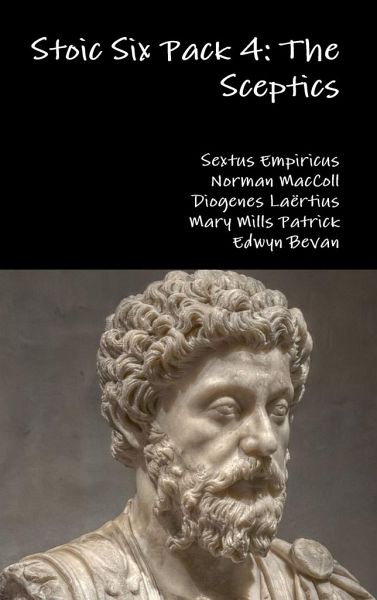
Stoic Six Pack 4
The Sceptics
Versandkostenfrei!
Versandfertig in 1-2 Wochen
30,99 €
inkl. MwSt.

PAYBACK Punkte
15 °P sammeln!
A sextet of sceptic texts has been collected in Stoic Six Pack 4 - The Sceptics: Pyrrhonic Sketches by Sextus Empiricus, Life of Pyrrho by Diogenes Laërtius, Sextus Empiricus and Greek Scepticism by Mary Mills Patrick, The Greek Sceptics: from Pyrrho to Sextus by Norman MacColl, Stoics and Sceptics by Edwyn Bevan and Life of Carneades by Diogenes Laërtius. A key concept for the sceptics was ataraxia ("tranquility"), a Greek term used by Pyrrho to describe a lucid state of robust tranquility, characterized by ongoing freedom from distress and worry. By applying ideas of what he called "practi...
A sextet of sceptic texts has been collected in Stoic Six Pack 4 - The Sceptics: Pyrrhonic Sketches by Sextus Empiricus, Life of Pyrrho by Diogenes Laërtius, Sextus Empiricus and Greek Scepticism by Mary Mills Patrick, The Greek Sceptics: from Pyrrho to Sextus by Norman MacColl, Stoics and Sceptics by Edwyn Bevan and Life of Carneades by Diogenes Laërtius. A key concept for the sceptics was ataraxia ("tranquility"), a Greek term used by Pyrrho to describe a lucid state of robust tranquility, characterized by ongoing freedom from distress and worry. By applying ideas of what he called "practical skepticism" to Ethics and to life in general, Pyrrho concluded that ataraxia could be achieved. Arriving at a state of ataraxia became the ultimate goal of the early Skeptikoi.






